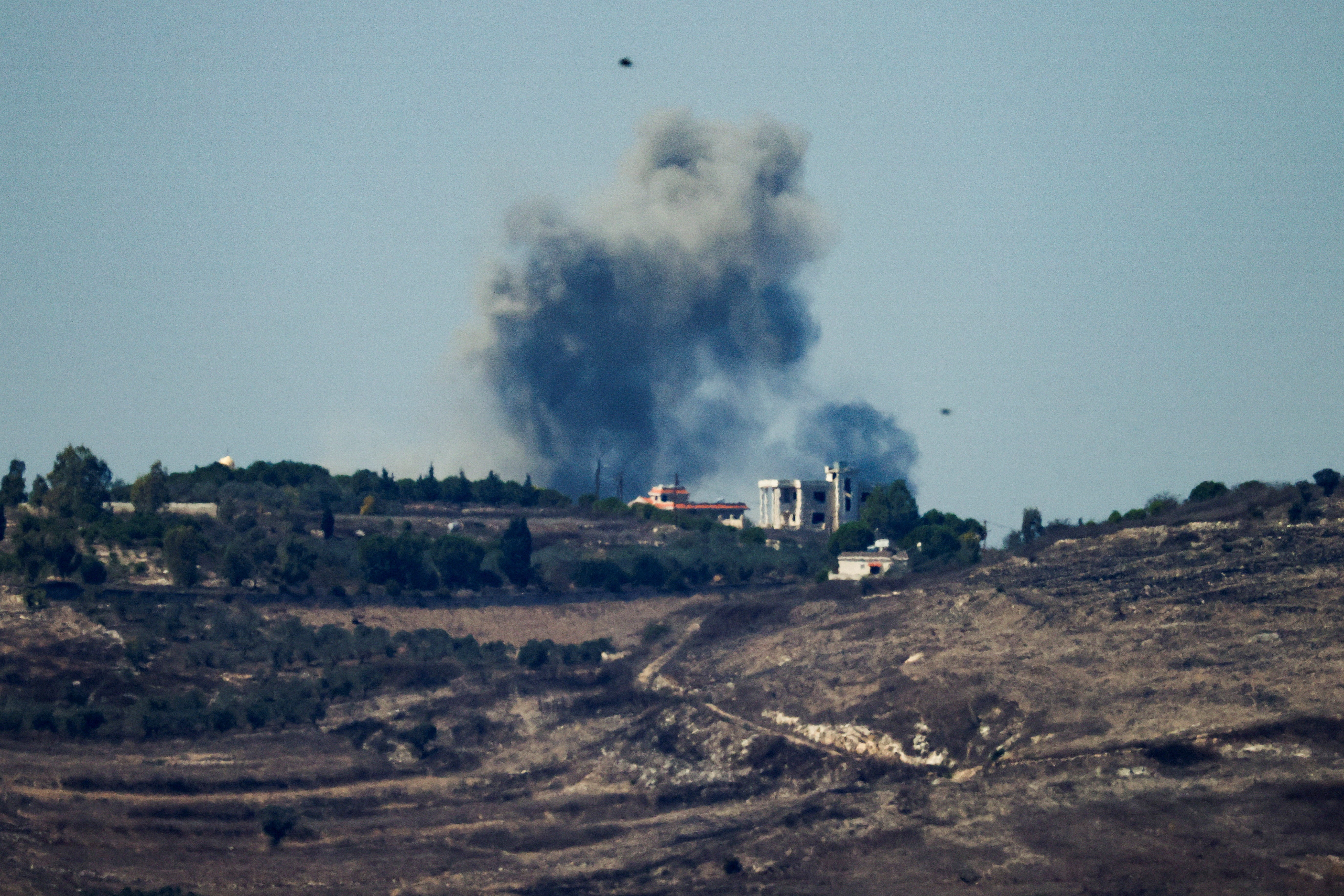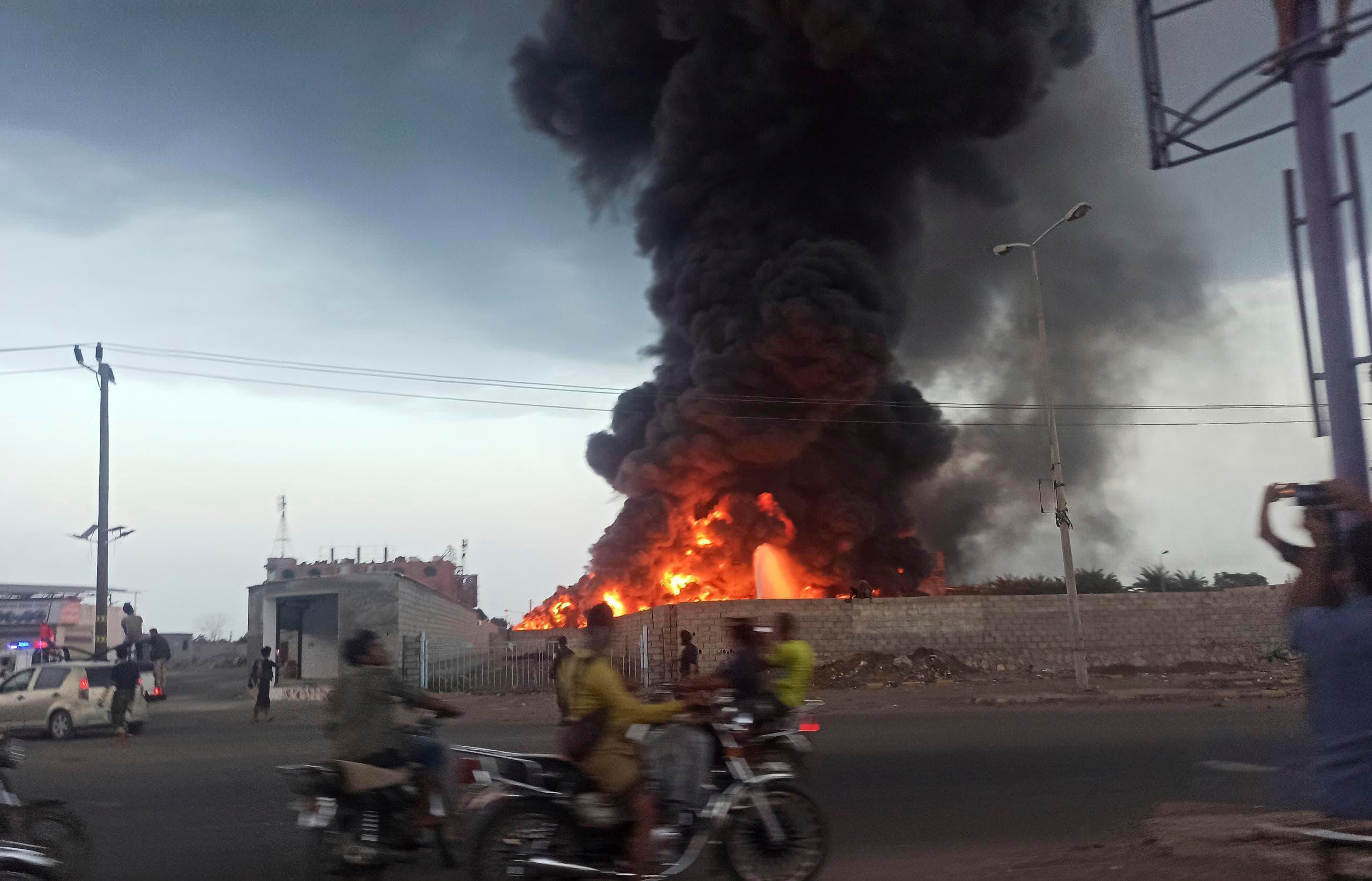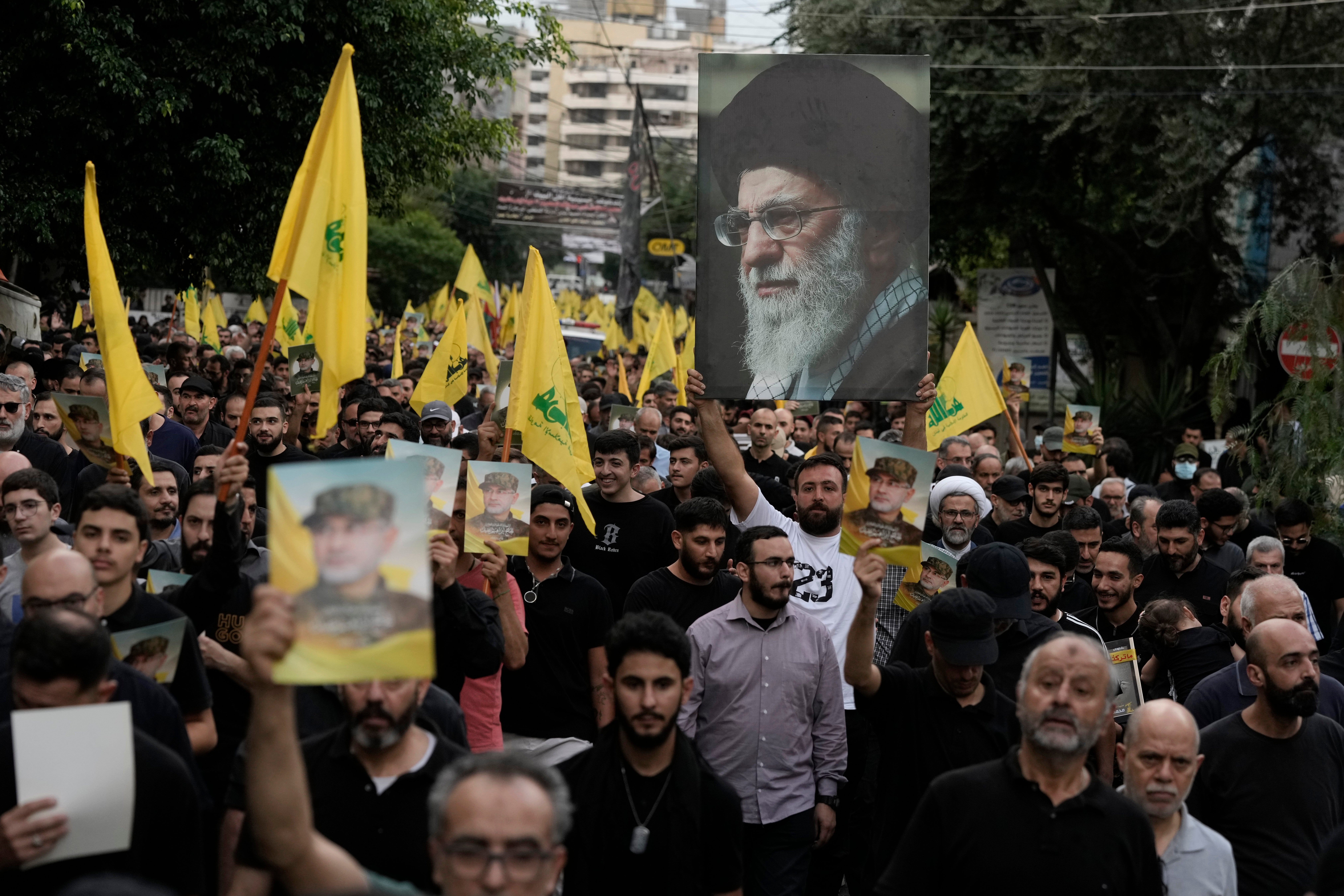Mapped: Where Israel has fired missiles around the Middle East as IDF begin ground invasion in Lebanon
More than a thousand people have been killed in Israeli strikes across Lebanon, Syria, Yemen and the Gaza Strip over the past fortnight

Your support helps us to tell the story
From reproductive rights to climate change to Big Tech, The Independent is on the ground when the story is developing. Whether it's investigating the financials of Elon Musk's pro-Trump PAC or producing our latest documentary, 'The A Word', which shines a light on the American women fighting for reproductive rights, we know how important it is to parse out the facts from the messaging.
At such a critical moment in US history, we need reporters on the ground. Your donation allows us to keep sending journalists to speak to both sides of the story.
The Independent is trusted by Americans across the entire political spectrum. And unlike many other quality news outlets, we choose not to lock Americans out of our reporting and analysis with paywalls. We believe quality journalism should be available to everyone, paid for by those who can afford it.
Your support makes all the difference.Israel has fired hundreds of rockets and missiles at targets across the Middle East, hitting military posts run by Iran-backed militias as it steps up its strikes on the Tehran-supported Hezbollah in Lebanon.
In the past fortnight, more than 1,000 people have been killed in Lebanon, where Hezbollah is based. The most significant of those attacks killed Hezbollah leader Hassan Nasrallah. On Monday, Israel also targeted central Beirut for the first time in 18 years, since the last war with Hezbollah in 2006.
Across the eastern Lebanese border in Syria, Israeli strikes have also struck Hezbollah positions, while smoke was reported rising over the cityscape in Damascus, the Syrian capital.
Late on Sunday, Israel also reported that it had struck targets in the Yemeni port of Hodeidah and Ras Isa.
Iran, which backs the Houthis, Hezbollah, Hamas in the Gaza Strip and various other militias in Syria and Iraq, as well as the dictatorial regime of Bashar-al-Assad in Syria itself, has vowed that Israel’s “criminal acts” will not go unanswered.
Below, The Independent looks at where Israel’s missiles and rockets have been fired.
Hezbollah
Nearly a year after Hamas, another militant group backed by Tehran attacked inside Israel, killing around 1,200 people and taking a further 251 hostage, the Israeli military is widening its attacks.
It has been exchanging fire with Hezbollah, which says it is fighting Israel in solidarity with Hamas, since 8 October, a day after the Hamas attack, though the assaults have been contained to limited strikes.
After 11 months of Israel’s ground and aerial assault on the Gaza Strip, one that has killed more than 41,000 Palestinians and displaced more than 90 per cent of the population, Israel says it has destroyed almost all of Hamas’ military personnel, and it is now upscaling it’s assault on Hezbollah, based in southern Lebanon.
The Israeli air forces, using fighter jets and bomber planes, have bombarded swathes of southern Lebanon, including Sidon, Tyre and Beirut on the Mediterranean coast, as well as the Bekaa valley on the other side of the country.
It has also killed dozens of senior Hezbollah personnel, including Nasrallah, in strikes on the southern suburbs of Beirut. In a further development, Israel has since struck central Beirut for the first time in 18 years, which was the last time it embarked on a month-long all-out war with Hezbollah.
In his first public speech since Nasrallah was killed over the weekend, deputy Hezbollah chief Naim Qassem said on Monday that the militia was now “ready” for an Israeli invasion.
Israel attacks Yemen and Syria

As Israel’s aerial assault on Lebanon continues, one they say may presage a ground incursion, the air force has also shifted some of its attention to hitting Houthi targets in Yemen.
The militia, part of Iran’s so-called “Axis of Resistance”, ostensibly an array of anti-Israeli forces across the Middle East, controls pockets of western Yemen. They were engaged for years in a war with Saudi Arabia, a fierce Sunni state opposed to Iran’s Shia republic. Since last October, they have been firing at Israel and at ships sailing towards the country through the Red Sea.
Israel announced on Sunday that it had struck the ports of Hodeidah and Ras Isa on Yemen’s western coast on the Red Sea.
Houthi media reports said the strikes had killed four people and wounded 33. Residents said the strikes caused power cuts in most parts of Hodeidah.
The attacks came days after the Houthis said they launched a ballistic missile attack on Israel’s main international airport as Benjamin Netanyahu, the Israeli prime minister, was arriving. That attack was intercepted by Israeli air defences.
Further north, residents in Syria’s capital, Damascus, have also reported smoke rising above the city on Monday morning in what appears to be further strikes on the area.
Will Tehran be next?

Iran has been clear that it will respond to Israel following the wide-ranging strikes against its partners.
But how that response will happen remains unclear. Some suggest Iran is wary of significantly escalating a conflict with Israel that, up to now, has been fought by its proxies.
The one time since last October that Iran has fired directly at Israel, in response to a strike on the Iranian embassy in Damascus this summer, they fired around 300 rockets and drones, almost all of which were intercepted.
But there is clear concern that Iran fears an Israeli attack; after Nasrallah was killed, Iranian sources said the country’s supreme leader Ayatollah Ali Khamenei was taken to a secure location.
The West had urged Israel not to invade Lebanon amid concerns of an all-out regional conflict dragging in Iran and huge diplomatic pressure is also being applied on Tehran not to get involved.
Israel and Iran have been trading barbed rhetoric and threats about escalation for months, but Mr Netanyahu’s decison to push into Lebanon is a risk. He may see it as a calculated risk – but the US, UK and other nations across the West and Middle East will be deeply concerned about where it might lead. They will see Iran’s response – or preferably a lack of one – as key.



Join our commenting forum
Join thought-provoking conversations, follow other Independent readers and see their replies
Comments